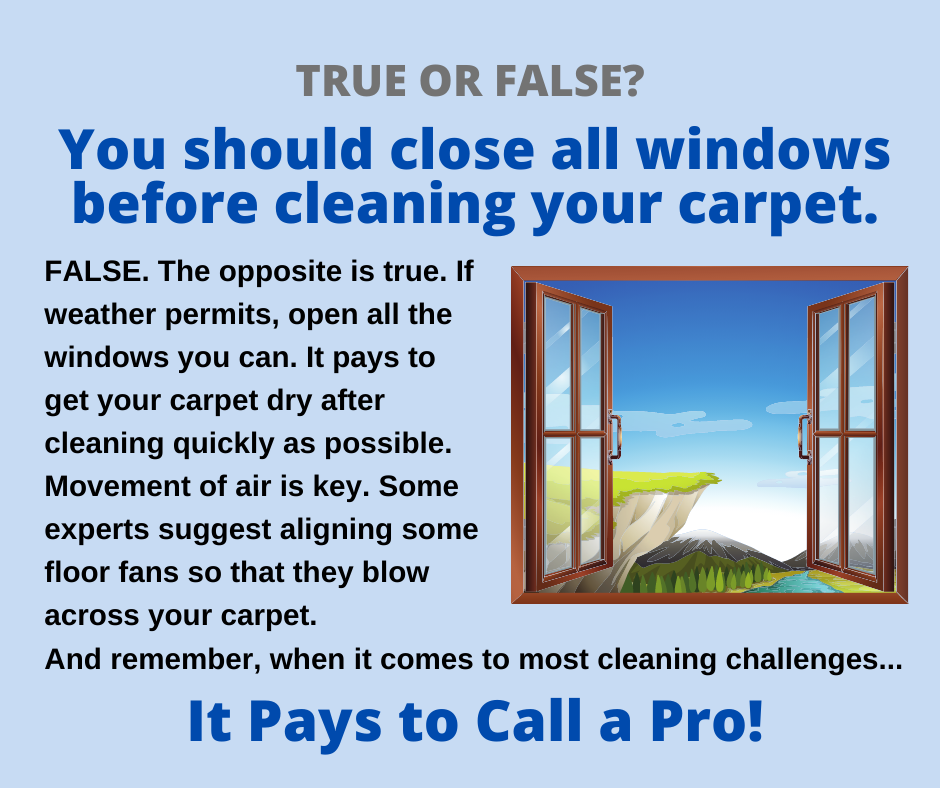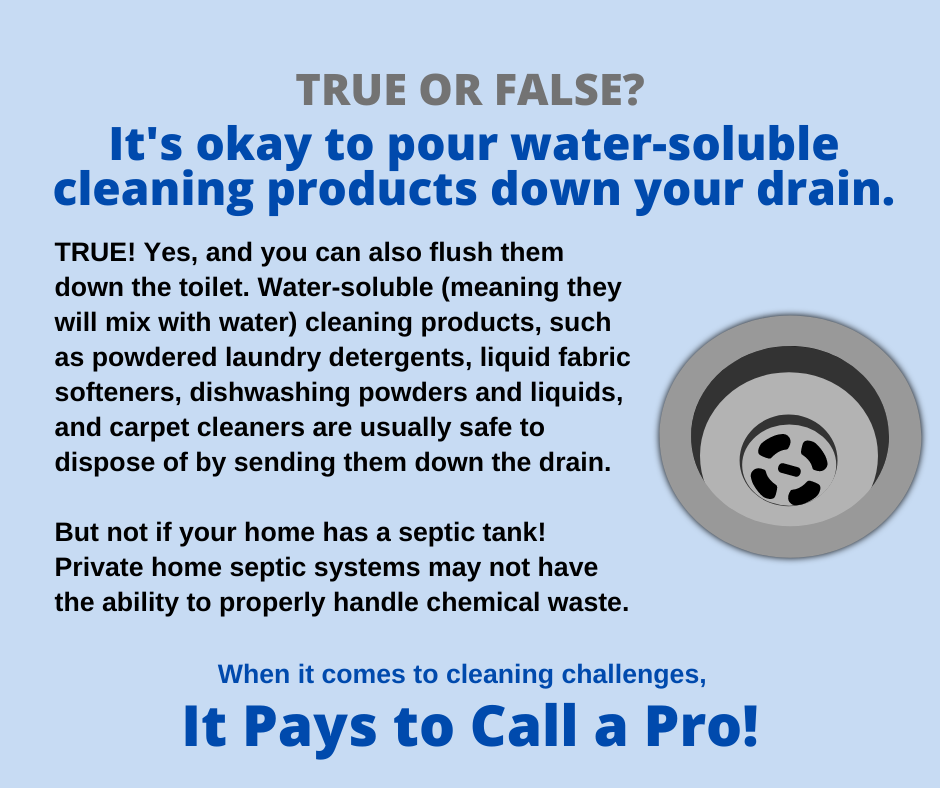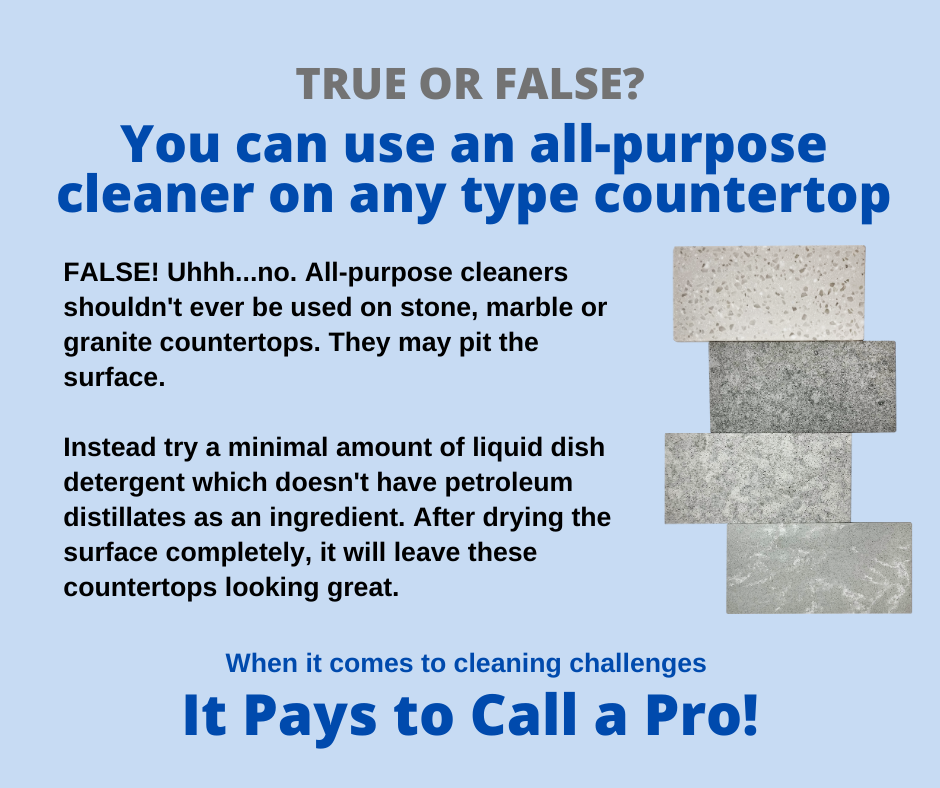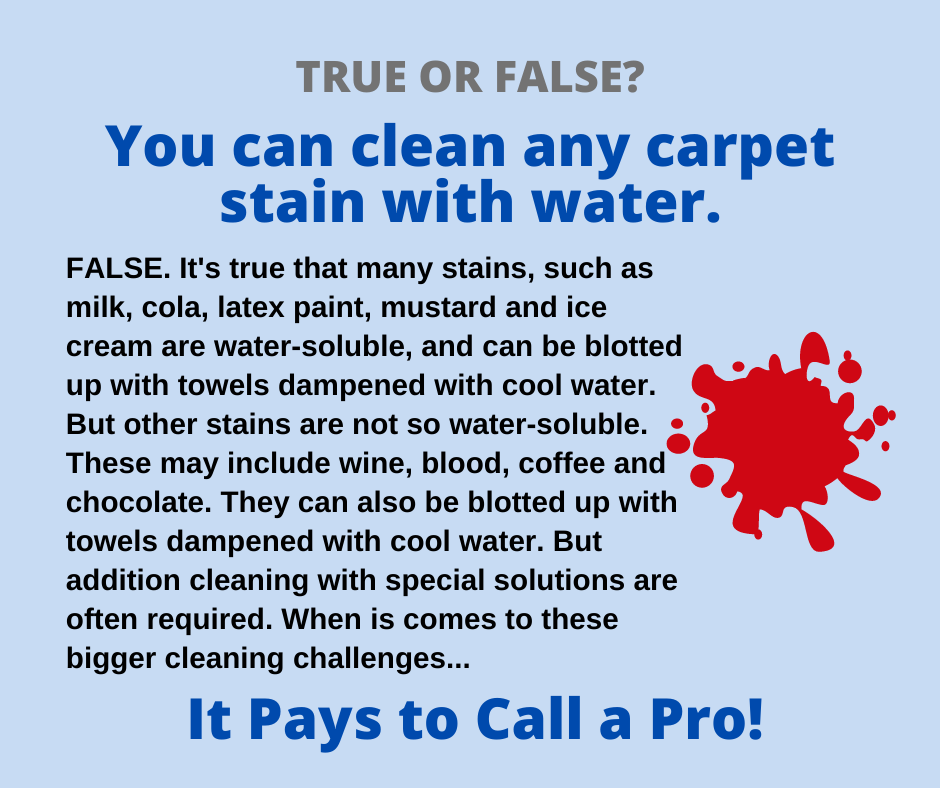|
Preparing Your Grill for Summer
As spring advances and summer looms, it’s essential to take care of some of your appliances that become popular during those lovely warm days, especially as you spend more time outdoors. Many families focus on the barbecue grill during warm months, as outdoor grilling and eating are popular events. You might have neglected caring for your grill during the winter, as many do, and when you open it up in the spring, you might notice caked-on food particles and rust, and maybe you found a few mice in residence as well. It’s essential to take a few minutes to tune up your grill and accessories before you start cooking your first burger, steak, seafood, fish, or vegetable. Use these easy tips to prep for summer. Cleaning Thoroughly scrub and clean the grill grates, burners, and any other removable parts with a grill brush and mild detergent. This will ensure that your grill is free of any debris or buildup that could affect the flavor of your food. If your grates are particularly dirty, you can soak them in warm, soapy water for a few minutes before scrubbing them. Cleaning grill grates are often compared to the absolute worst dishwashing experience you will ever have, but it is necessary to do it right. Gas supply Check the propane tank and hoses for leaks or damage if you have a gas grill. You may need to replace the tank or hoses if worn or damaged. Do not keep using any hoses or tanks that show any type of wear or damage. Ignition Check the ignition system to ensure it works properly. If not, you may need to replace the ignition system or clean the electrodes. These parts often wear out from use and from inclement weather and moisture and have to be replaced from time to time. Seasoning Before using the grill for the first time, season the grates with oil to prevent sticking and ensure a better flavor. After each thorough cleaning, repeat this process. Stocking up Ensure you have enough fuel, charcoal, wood chips, and other supplies for last summer. If using propane, consider a backup tank because, for some weird reason, tanks always go empty right in the middle of cooking. By following these steps, you can ensure that your grill is ready for summer and that you can enjoy delicious barbecues all season long. And as part of summer, make sure your entire home is clean and ready for friends and family. Call your favorite cleaning company to help you with your cleaning tasks. After all, it pays to call a pro! Cleaning Tips for Party Catastrophes
If you are planning a party or event in your home, and it involves beverages, then you know the inevitable will happen. Someone will trip, run into something, or a glass will get knocked over, creating a spill, which then becomes a spot or stain. Even with the most careful of planning, guests with a beverage in one hand and balancing a plate in the other is inviting disaster. Cleaning up a spill is usually not easy but can be made easier with the right approach, but if not handled quickly, and effectively, it can create a permanent stain. You don’t want that. Here are some quick tips to keep your carpet and furniture out of the [stain] danger zone. Act quickly: The faster you start working, the easier it will be to clean up the spill. As soon as the spill occurs, grab a cloth, and begin to blot up the spill. Blot: Avoid rubbing … just blot with a white disposable cloth. Rubbing can spread the spill and even damage the fibers. Absorb it: You can do this by adding some common table salt. Sprinkle salt over the spill to help absorb the moisture. Leave the salt in place until it dries, allowing it to soak up the spill and then you can vacuum away the residue. Use a spot or stain remover: If the spill doesn’t easily lift from the fabric, use a household product to treat the area. Follow the instructions on the bottle carefully and test it on an inconspicuous area first to make sure it does not damage the fabric. It is important to blot up as much of the product as you can, as anything left behind will be sticky and cause resoiling. Dry the area: Use a clean, dry cloth or paper towel to continue to blot the area and remove any excess moisture. Keep at it until there is no more moisture transferring to the towel. Then get some air movement across the area you just cleaned. A small fan works great and moves air and moisture away from the recently cleaned area. All of this can be a chore, time consuming, and often frustrating. Want to avoid this potentially bad situation completely? Contact your favorite cleaning company. After all, it pays to call a pro! Don’t Forget these Spring-Cleaning Tasks
When the spring season finally arrives, most of us get into a cleaning mood. Others clean out of necessity. But regardless the motive, spring is a great time to spruce things up, clean areas or items that have been neglected during the long winter, and just get ready for a busy summer. However, besides the obvious things we clean, such as carpet, floors, windows, and the like, there are some chores we might either ignore (on purpose) or forget about completely. Spice rack and containers You use them all the time. Grab a nice spice and give your sauce a dash of flavor. Put the lid back on and put it back on the spice rack or wherever you store your spices. Did you clean that jar before putting it back? Have you ever? It’s one of those often-forgotten items that could use at least an annual cleaning. Imagine all the hands and fingers on all those spices during the year… Give your spice rack and contents a good spring cleaning. Stove and microwave hoods and filters The purpose of the hood, vent, and any filters is to collect debris, and it’s all greasy. Get a good all-purpose kitchen degreaser, some paper towels, and any other scrubbing tools you wish to use, roll up your sleeves, and get cleaning. You will be amazed how much a year of cooking and normal use will add to the grease build-up on these surfaces. Garbage disposal Just think of all that stuff you put into the sink and into the garbage disposal. While it grinds away and does its job without complaining, there is often a buildup of grime on the blades and in the mechanical parts of the disposal. An easy way to clean your disposal is with lemon wedges. Cut up a lemon and add a few wedges to your disposal, turn it on, and let it run with hot water. That should cut the grease and clean the disposal. The wedges may not get “disposed” of enough so after it is all done, you may have to remove them. Be sure to turn off the electricity to the disposal before reaching in, and never use your fingers. Use cooking tongs to be safe. Underneath stuff This is easy. Get down on your hands and knees and look under your kitchen table. Enough said. Get to work. When you need professional cleaning, don’t hesitate to call your favorite cleaning company, especially with surfaces like carpet and hard floors. After all, it pays to call a pro! Cleaning With Baking Soda and Vinegar
While it is true you purchase brand-name cleaning products for specific tasks around the home, such as carpet spotters or toilet bowl cleaners, you have some chemicals you use every day that can also be used for cleaning. You no doubt have heard of the many uses of baking soda, from absorbing odors to absorbing liquids, as a cleaning additive, and more. Don’t confuse baking soda with baking powder, which has other additives. Then we have white (clear) vinegar, which is an acid-based chemical that we use for many recipes but that can also be used as a cleaning product. While you can use them separately in many ways, when you mix the two together you get that fantastic fizzy reaction that can be used for some of the toughest cleaning chores. And when it is all said and done and the cleaning is complete, the residue from baking soda and vinegar converts into water. This means you can’t mix them up and store them. When mixed, use them right away and discard any you don’t use. Here are a few common uses for vinegar and baking soda. And remember, white vinegar only, leave the apple cider vinegar for cooking. Shower heads Hard water can plug up the tiny holes that are part of a shower head, and it is tough to clean them out. But with baking soda and vinegar, you have a fighting chance. Remove the shower head and place in a bowl. Add enough white vinegar to cover it, and then liberally sprinkle baking soda over the surface, carefully mixing it in. The acid in the vinegar breaks down the minerals that are plugging up the holes and the baking soda adds more cleaning power. Let it soak for several hours, and once in a while stir the concoction in the bowl. When the bubbles are done, and a few hours have passed, rinse it all out and reinstall and you should be good to go! Toilet bowls Flush your toilet bowl and turn off the water, and then spray or pour the inside of the bowl with white vinegar, and sprinkle baking soda all over it. Let it sit a few minutes and then scrub. Turn on the water, flush, it should be clean! Repeat as necessary. Clogged drains Pour half a cup of baking soda in the clogged drain and the pour one cup of white vinegar. Let it sit for an hour. Then pour boiling water into it to flush it out. That should do it unless the clog is severe. And remember, for all your cleaning questions and when you need help, call your favorite cleaning company. After all, it pays to call a pro! Hints from Housekeepers
You pride yourself on your own abilities and skills to keep your home clean and healthy. And while you know what you are doing, who doesn’t appreciate a few tips now and then to make the work easier — and more effective? One source of tips can be professional housekeepers, those who work for maid services… cleaning professionals who spend all day cleaning houses and doing it right. When it comes to the work they do, here are three easy strategies they use each and every day. Start with clutter When faced with a room that might seem a little overwhelming by how much there is to do, tackle big items first. Put things back where they belong, give the room a facelift of sorts and then work on smaller tasks, such as dusting and vacuuming. Think triage, which means doing a preliminary assessment of a situation and determine the order of things to bring it all back to normal. Vacuum heavy traffic areas three times Running a vacuum cleaner over carpet at warp speed is what many do. It’s best to slow down. Move the vacuum slowly over the floor and allow the beater bar to do its job. And for areas that are walked on more often, go over those three times, back and forth. What happens is the beater bar loosens soil on the first pass, then on the second it picks up most of it, and on the third gets the rest. Smart vacuuming means less dust in your home. The same principle can be used for hard floors, but the advantage there is you can see the dust and soil that isn’t as easy to see on carpet. Shine those surfaces Professional cleaners know that simply cleaning a surface sometimes isn’t enough. You want shine, you don’t want to see fingerprints, smears, or smudges. For glass and metal surfaces, after a thorough cleaning, wipe those surfaces with a lint-free cloth and a little rubbing alcohol. This dry (waterless) solvent makes quick work of fingerprints and smudges and gives surfaces a shine you can be proud of. While some tasks are easy, others are not. When you need help, with any cleaning task but especially deep cleaning carpet and furniture and other tough chores, do the right thing. Call your favorite cleaning company. After all, it pays to call a pro! The Power of Household Products
It’s amazing how many cleaning products you have on hand, that aren’t actually considered traditional “cleaning products”. If you start analyzing what’s in your home, you will find that you have a nice selection of items that can help you keep your house clean and healthy. Recently, we discussed the categories of dish detergents, baking soda, and vinegar as products you can use as part of your cleaning arsenal. Yet we aren’t done. There are more products you have on hand that will prove worthy in the fight against grime! The following three products are probably in your kitchen or bathroom. Salt Here’s a great secret. Salt is an absorbent compound. When you spill something, like coffee, on a carpet or rug, liberally sprinkle salt on it. Yep, that regular Morton’s is fine. It will absorb the liquid; you can see the salt turn from white to the color of the spill. When it is all dry, you can vacuum it all up. You may still need to do more spotting, but the majority of the spill is gone. Rubbing alcohol Sometimes, you need a dry solvent. By “dry” we mean without water. It’s still a liquid but doesn’t have water. Think gasoline. You might have on hand some fingernail polish remover, also known as acetone. While that dry solvent might work great on dry solvent-soluble residues, it might be too aggressive for some surfaces. Instead, rubbing alcohol can be used on surfaces with adhesive residues, oils, tar, grease, anything that will dissolve in a dry solvent. Use rubbing alcohol on a white towel and wipe away those spots and residues. Never pour solvents directly on the surface. Always do a small test in an inconspicuous spot to make sure the surface won’t lose color. Hydrogen peroxide While used for first aid and to stop a skin infection from spreading, it’s also a great, color-safe bleaching agent. When you get blood, vomit, food stains, anything organic-related, on fabrics (carpet, clothing, etc) apply some 3% hydrogen peroxide. The type you buy at your grocery store or pharmacy. Cleaning pros use peroxide but usually a stronger variety. Of course, your favorite cleaning company knows all about these products, and more. They have the right stuff. When you need help, call them. After all, it pays to call a pro! Three Cleaning Products You Already Have
When you are cleaning your home, you need cleaning products. While you use some traditional products specific for your cleaning tasks, you may have some others in your home that can do the trick. Here are three that you no doubt have somewhere in the kitchen and can use to keep your home fresh and clean. Dish detergent One of the most famous of all time is Dawn, and you’ve seen the footage about birds in oil spills being cleaned up with this detergent. Water by itself is a great cleaning solution, but it doesn’t work very well on oily soils. You need more power. While Dawn is often mentioned, almost generically, any dish detergent is a grease-cutting tool. A few drops in water gives you a quick, effective cleaning solution for greasy surfaces, such as countertops. You can use a few drops in a bucket as an effective window washing solution if you use a wand and squeegee. There are many uses; a quick Google search shows you dozens of them. Just be sure to wipe away or clean off the detergent residue because that can attract more soil. Baking soda While most put baking soda in the refrigerator or cabinets (with the lid open, of course) for deodorizing purposes, some use it as a scrubbing additive, when you need a little more than elbow grease. It works on toilet bowls, sinks, and all types of surfaces. It’s a two-fold product, for cleaning and also deodorizing. Stinky trash can? A small container of baking soda left inside will help. It works as an odor absorbent, capturing malodors and freshening the air. Try it out! Vinegar Sometimes, an acidic solution is needed for cleaning, such as for nicotine residues or smoke, and for neutralizing some soils. Some use it as a deodorizer. It also cleans out any appliance that runs water through the system, such as coffee makers. Vinegar can remove lime scale, soap scum, and even rust if given enough time. Vinegar may have a strong odor, but it can’t be beat for handling some specific cleaning challenges. Just hold your nose! Of course, your favorite cleaning company knows all about these products, and more. The tricks and hacks that make them the pros. When you need help, call them. After all, it pays to call a pro! |
KLEENRIGHT Liverpool UK
Call 0151 220 0363 Archives
June 2023
Cleaning OutPost Liverpool UK
|
Would you like to get your own OutPost Site? Cleaning and restoration firms who are MarketingZoo.com members get
|
CleaningOutpost.com Directory of Cleaning & Restoration Businesses is a service offered by MarketingZoo.com
Copyright 2015 Thinkshortcut Publishing, LLC
Copyright 2015 Thinkshortcut Publishing, LLC








 RSS Feed
RSS Feed
